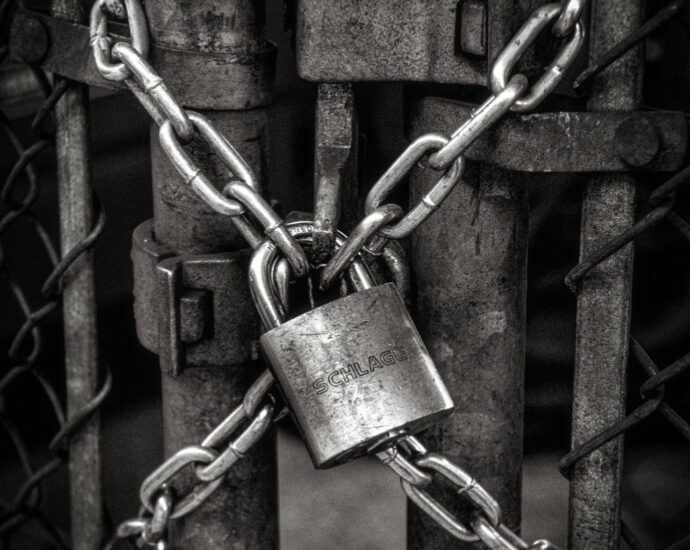After the massive data leaks over the past several years, many consumers have implemented a freeze on their credit reports to prevent the release of their information to companies that request it. If you are on the fence about whether or not to freeze your credit, here are some pros and cons to help you make that decision.
Pros
Helps prevent fraudulent accounts. A credit freeze helps prevent new credit accounts from being opened. Credit bureaus won’t disclose your information to companies who request your credit file if you have implemented a freeze. The vast majority of creditors will not extend new credit to a consumer without that information, so it’s an effective way to protect you from new accounts being opened in your name.
Free. You can freeze and unfreeze your account as many times as you need to without any charge. Also there’s no impact on your credit report.
May limit impulsive credit. If you freeze your credit, you may help limit temptation when the cashier offers a 15% discount if you sign up for their store card. Freezes can take up to an hour to lift, meaning you’d be standing in the store for a while to receive your discount.
Elderly and young. If your parents or grandparents don’t need credit (they’re not purchasing a new home, they buy cars with cash), a credit freeze might be especially beneficial since identity thieves often target the elderly. Similarly, identity theft for newborns and children is on the rise. Your kids won’t need to buy a house or car for the foreseeable future, so consider freezing their accounts immediately.
Cons
A convoluted process. To effectively freeze your credit, you must contact each of the three credit bureaus and request the freeze (some financial experts suggest you implement a freeze with Innovis as well). You will receive a PIN that you need to save. Some bureaus require the PIN; others will ask questions about past credit accounts.
Verifying your identity may be a challenge. You may think that providing a PIN is a hassle. However, sometimes the creditors will ask questions about old accounts. In my adult life, I’ve purchased five homes. Quite often when you purchase a house, the initial mortgage is sold to another company, so with each house I’ve had at least two mortgages. When asked to verify a mortgage company I’ve done business with, I need a cheat sheet.
Plan ahead. If you decide to apply for a credit card or purchase a car or a home, you will need to lift the credit freeze before applying for new credit. To be safe with a new credit card, you might want to temporarily lift the freeze for 24 to 48 hours. Car dealers and mortgage brokers can help you understand how best to unfreeze your credit for their needs.
Only stops new credit theft. A credit freeze stops potential identity thieves from opening new credit in your name because they can’t access your reports. However, it does not stop them from stealing your current credit card information or bank account login information.
While the cons add to your legwork when requesting new credit, a credit freeze can be a smart move for many people. If you’re buying a car or home soon or need a new credit card, perhaps waiting to implement a freeze makes sense. But for most people, applying for new credit won’t be an every month or even every year event. Temporarily unfreezing your credit might be a hassle but in the long run could save you from identity theft.
Photo by John Salvino
